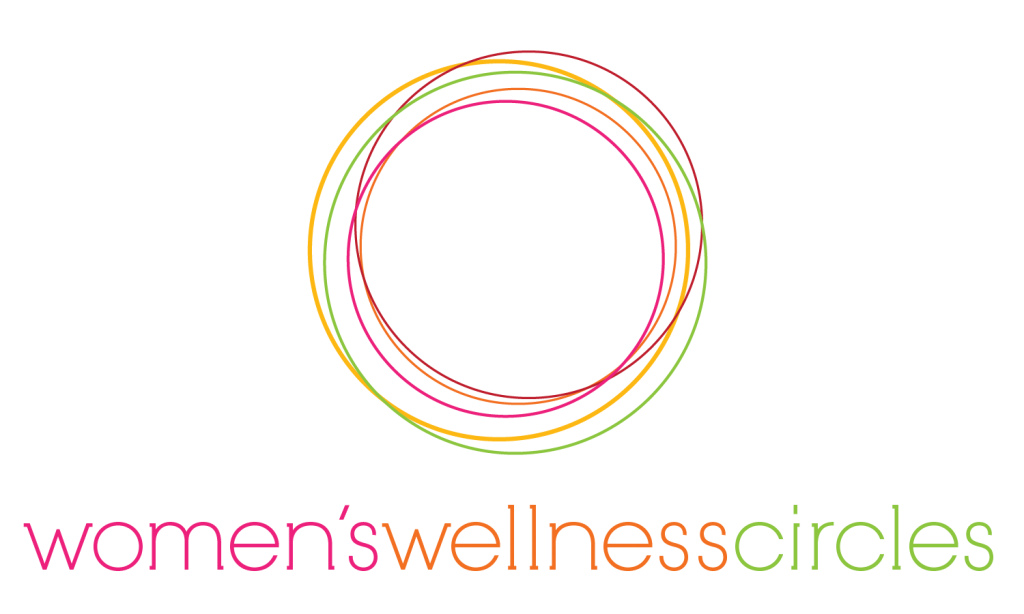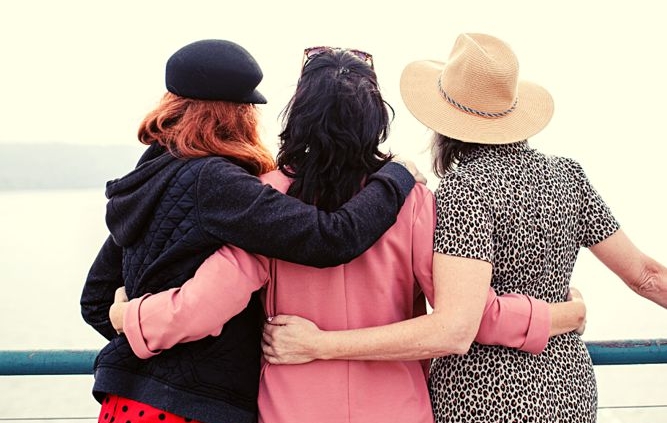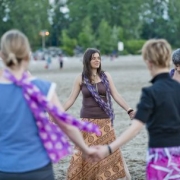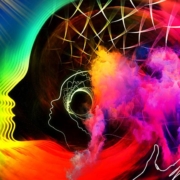BELONGING OR FITTING IN
We all crave a sense of belonging. It is intrinsic to our human nature, our joy, our self-esteem, our health, our well-being, and most of all, to our survival.
This is why it can feel very satisfying when we spend time with family members, hang out with friends, collaborate with co-workers, and take part in groups such as fitness classes, choirs, chess teams, or knitting and scrapbooking clubs, etc.
Of course, sometimes spending time with others can trigger us and make us feel emotions that are far less appealing such as sadness, anger, frustration, disappointment, and even loneliness. Why is this?
The main reason is because spending time with others does not automatically guarantee that we will feel that we “belong” – in the truest sense of the word.
Most of us have heard of or have been in circumstances where we’ve been in close proximity with others that we care about and yet still feel an emptiness or lack of connection.
“Belonging” is far more than simply being in the same space at the same time as others or even ‘fitting in’. Having a sense of “Belonging” means that we can be our most authentic self with our genuine thoughts, beliefs, and values, whether we agree with others’ opinions and choices or not and yet still feel accepted as we are.
What interferes with belonging
This type of “Belonging” experience is harder to come by. There are three main reasons for this:
- Most people are so focused on themselves, their own issues, responsibilities, and to-do lists, that they do not necessarily have the time or mental space to really get to know those around them.
- With fast-paced lives, many people are functioning on ‘auto-pilot’ and are going through the motions instead of having fresh, new, and real interactions. They likely fall into old habits of self-perception which also limits their ability to really see others in the present moment.
- Groups of people are like herds of animals. There is a hierarchy and code of conduct that is present, even if it is unspoken. This automatic structure gets imposed before we are consciously aware of it, and it governs our way of thinking about ourselves and others, dictating and limiting our actions and behaviours. However, animals in the wild gather in herds, where avoiding harm and escaping death is far more important than authentic self expression, which then ensures the survival of the species.
To further consider this last main reason and look towards a solution, as humans we have inherited this same mammalian brain structure, so survival is always first and foremost our priority. Yet we also have a neocortex (new brain structure), which gives us the human advantage and puts us at the top of the food chain.
This area of our brain (located just behind the forehead) houses our ‘executive functions’ and is responsible for skills such as: self-managing, creative thinking, problem solving, self-reflection, delaying gratification, moving us towards our goals, and more.
As homo sapiens, we have the opportunity to pause and reflect and to consider our personal needs, values, and authenticity – rather than simply defaulting into survival patterns.
Belonging to yourself
You may find it interesting that research shows that the opposite to “Belonging” has nothing to do with being excluded; it is actually “Fitting in”! Are you surprised by this?
While “Fitting in” may temporarily feel alright, and even placate a sense of loneliness, it is not sustainable.
The actual anecdote to loneliness is to cultivate a sense of “Belonging” within our individual selves, because we take that inner comfort, confidence, and connection wherever we go.
Well-known author Brene Brown shared in an interview that she can feel alone, even though she has a wonderful family and a big fan base. She has learned to overcome this by developing a sense of “Belonging” within herself. She is quoted as saying, “I belong everywhere I go, as long as I don’t betray myself. The minute I become who you want me to be in order to fit in, and to make sure people like me, is the moment I no longer belong anywhere.”
It is an ongoing practise to cultivate a sense of “Belonging” within ourselves. It requires time, energy, curiosity, willingness, and a desire to make ourselves a priority in a very busy and demanding world.
In my experience, being part of a Women’s Wellness Circle is a rare and sacred place where we can all simultaneously feel a close and supportive connection with each other, while also being genuinely encouraged to be ourselves and to listen to our own personal needs, beliefs, values, hearts promptings, and spiritual insights.
When we have a visceral experience of being accepted as we are, like we have when we are in Circle, we are then more capable of offering that same acceptance to others.
Seeing others and being seen ourselves is such a special and unique gift. When it happens, healing takes place, transformation and growth is possible, and we naturally bring more of our personal gifts to the world.
Circles of Authentic Connection,
Jill Hewlett
Founder & Mentor Women’s Wellness Circles












Leave a Reply
Want to join the discussion?Feel free to contribute!